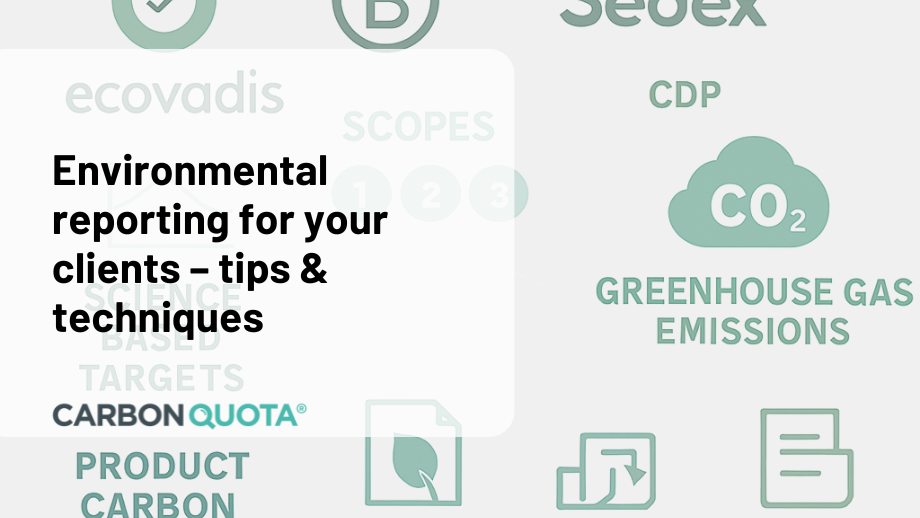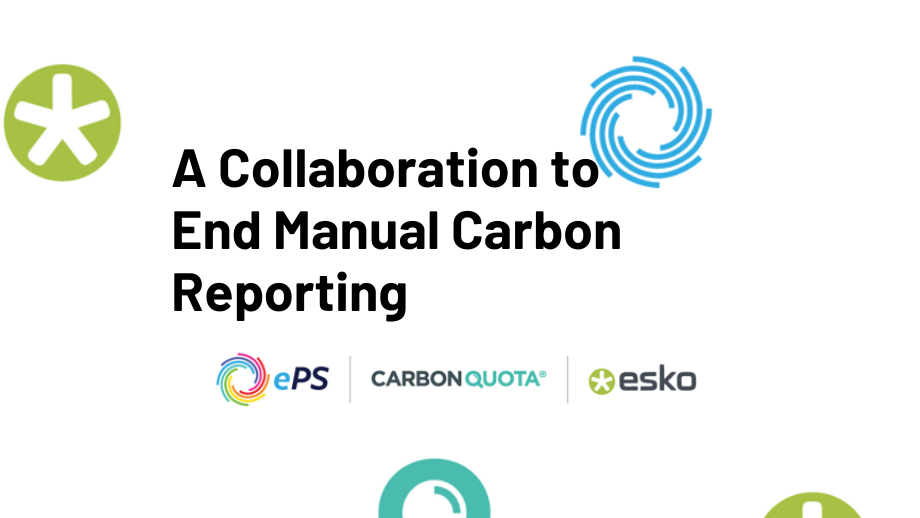Despite headlines suggesting corporate retreat, PwC’s 2025 State of Decarbonisation report reveals a different reality – businesses are doubling down on sustainability, even if the spotlight has dimmed.
Carbon commitments are not only holding firm; they’re growing in number and ambition. The report highlights a nine-fold increase in companies disclosing climate targets since 2019, with more than a third of companies increasing their ambition in 2024.
One of the most striking findings is the rise of Scope 3 as the frontier for business value and carbon impact.
One of the most striking findings is the rise of Scope 3 as the frontier for business value and carbon impact. While only 54% of companies are on track to meet Scope 3 targets, those that prioritise engagement across the value chain, especially with suppliers and customers, are better positioned to unlock growth, resilience and margin advantage.
Importantly, emissions from product use and upstream supply chains represent a major opportunity for companies to decarbonise while differentiating their offerings.
Emissions from product use and upstream supply chains represent a major opportunity for companies to decarbonise while differentiating their offerings.
Trends in 2024 reveal a new phase of decarbonization and a shift towards smaller companies making commitments. Supplier engagement efforts are on the rise and as the large companies address Scope 3 emissions, they are leaning on their suppliers to set targets as well. At CarbonQuota, we are definitely seeing evidence of this trend, with more and more manufacturers being required to record carbon emissions for their customers and needing to evidence sustainability claims to win new contracts.
The report also makes clear that strong governance is a key differentiator. Companies with board-level oversight, cross-functional coordination, and capital allocation aligned to decarbonisation goals are far more likely to stay on track. Encouragingly, 80% of companies demonstrate moderate to leading governance maturity.
For businesses looking to lead, we see three clear recommendations:
- Embed climate strategy into product innovation and lifecycle design to reduce Scope 3 emissions and meet rising customer expectations.
- Invest in supplier engagement programmes that move beyond data requests to meaningful collaboration and enablement.
- Align internal incentives, funding decisions and performance metrics to long-term decarbonisation outcomes.
This is not a time for retreat – it’s a moment to lead with credibility and clarity. As PwC rightly notes, those who get the recipe right now will be tomorrow’s market leaders. The pathway is clearer than ever. It’s time to act with purpose.
To discuss how we can help you with your decarbonisation journey – get in touch.



